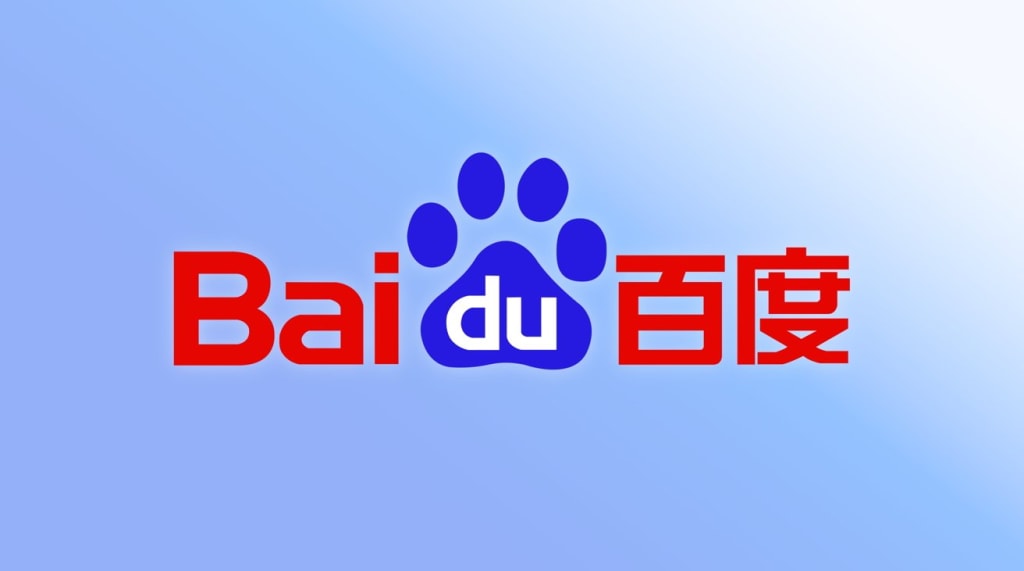Apple Faces Lawsuit Over Alleged Clones of Baidu's Ernie AI Chatbot on App Store
Chinese tech giant Baidu sues Apple for allowing App Store clones of its popular Ernie AI chatbot, claiming infringement of intellectual property rights

Baidu's move to sue Apple and app developers for fake Ernie bot apps underscores the need for stricter regulations in the App Store. The incident raises questions on how well Apple is vetting the apps it allows in its store, and the level of accountability it holds for app developers.
The Ernie bot is a sophisticated AI chatbot that uses machine learning to understand and respond to natural language queries. Unlike other chatbots that rely on pre-programmed responses, Ernie bot's responses are based on information in a knowledge graph, allowing it to provide more accurate and contextualized answers.
Ernie bot is only accessible to users who apply for access codes, making it an exclusive service. The absence of an official app from Baidu has led to unscrupulous developers creating fake apps to capitalize on the service's popularity.
Baidu's lawsuit accuses Apple of allowing these fake apps in the App Store, despite knowing they violate the company's intellectual property rights. The lawsuit also targets the app developers responsible for creating the fake Ernie bot apps, seeking to hold them accountable for their actions.
The lawsuit comes at a time when the Chinese government is cracking down on tech companies for monopolistic practices and data privacy violations. Baidu's lawsuit against Apple is seen as part of this broader effort to protect intellectual property rights and ensure fair competition in the market.
Apple has not yet responded to the lawsuit or issued a public statement on the matter. However, the presence of fake apps in the App Store raises questions on the level of scrutiny Apple applies to apps before they are approved for listing.
In recent years, there have been several instances of fake apps making their way into the App Store, which has led to concerns over the level of security and protection users can expect from the platform. Apple has taken steps to address these concerns, including introducing stricter app review guidelines and requiring app developers to submit more detailed information about their apps.
However, as the Ernie bot incident shows, there is still room for improvement in Apple's app review process. The company needs to do more to ensure that fake apps and those that infringe on intellectual property rights are not listed in the App Store.
The incident also raises broader questions about the ethics of creating fake apps to capitalize on the popularity of a particular service. While app developers may see this as a quick way to make a profit, it undermines the trust users have in the App Store and the apps listed in it.
Ultimately, Baidu's lawsuit against Apple and app developers is a wake-up call for the tech industry. It highlights the need for stricter regulations to protect intellectual property rights and ensure fair competition in the market. At the same time, it also underscores the need for companies like Apple to do more to safeguard their platforms against fake apps and other security threats.
As the tech industry continues to evolve and new services like the Ernie bot become more popular, it is essential that companies take a proactive approach to protecting intellectual property rights and ensuring that users can trust the apps they download from the App Store. Only by working together can the industry create a safe and secure online environment that benefits everyone.
About the Creator
Enjoyed the story? Support the Creator.
Subscribe for free to receive all their stories in your feed. You could also pledge your support or give them a one-off tip, letting them know you appreciate their work.






Comments
There are no comments for this story
Be the first to respond and start the conversation.